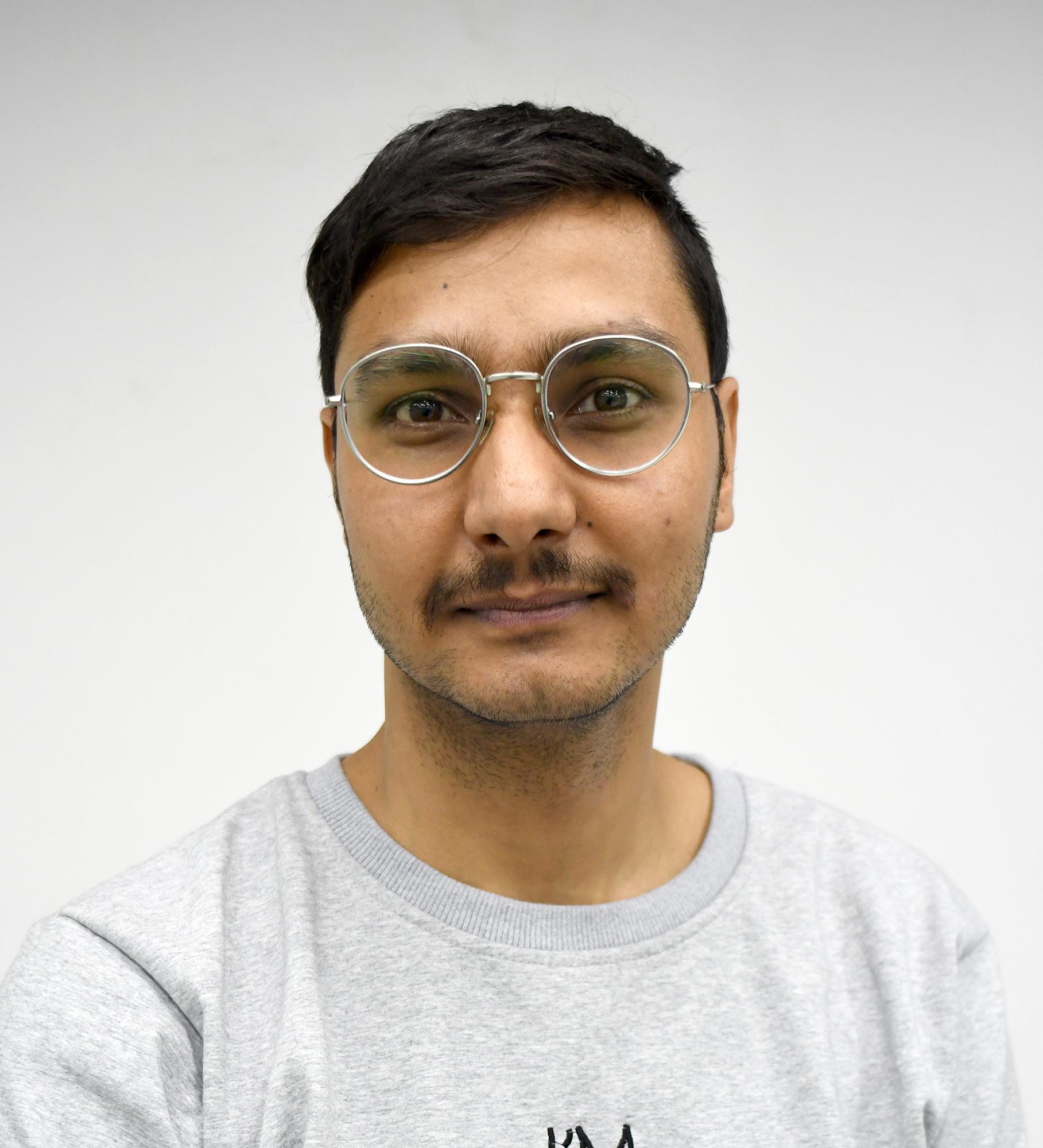Health
Why preventive health care is important
The general public believes full body checkups are unnecessary, but a majority of doctors in Nepal prescribe annual checkups as a precautionary measure.
Shashwat Pant
Ram Bahadur Gurung was never fond of body checkups. For most of his adult life, Gurung felt that it was a waste of time and money. But in the summer of 2017, his opinion towards body checkup changed significantly.
“I had an unbearable pain in my chest. Initially, I thought it was due to gastritis, but my wife told me to go see a doctor. Looking back, it was the best decision I made,” says 43-year-old Gurung.
Gurung, who underwent a general health checkup at Siddhi Poly Clinic, was diagnosed with high blood pressure. The doctor told him that the chest pains were a result of that and that he was lucky that he didn’t have a stroke, or worse a heart attack.
“The checkup saved my life. Since then I’ve been doing one every year. I do one with my wife and my daughter,” says Gurung.
Preventive checkups (popularly known as whole body checkups) have become wildly popular in Nepal. They are so popular that almost all clinics and hospitals can give you one. While there is a general consensus that the tests are useless, many doctors feel that after a certain age, undergoing these checkups are necessary.
“We call it preventive health checkups for a reason,” says Dr Denis Shrestha, cardiologist and managing director of Advanced Poly Clinic. “The terminology has changed over the years but the aim is to make sure that we can save as many lives as possible. We do not want people going to hospitals when it’s too late.”
Preventive care is any medical service that defends the body against health emergencies. The goal of preventive care is to help people stay healthy. The idea is to nip diseases in the bud before they become catastrophic, and to keep health care costs as low as possible.
“In countries like Nepal, such measures are necessary because not everyone can afford hospitals. We here at the clinic believe that prevention is better than cure,” says Shrestha.
Under whole body checkups, most clinics provide a general health checkup where they test a patient's blood sugar, uric acid, kidney and an ECG to monitor one's heart. At most clinics, this is the cheapest test available, at around Rs5,000. Apart from the general health plan, there are comprehensive health packages which can cost up to Rs20,000 or even more in some cases.
The idea of whole body checkups, according to Dr Sandeep Chandra Shrestha, senior consultant at Birta City Hospital, Birtamode, came to Nepal from India. But he feels that it’s a misnomer, as many clinics do not even check half of the body.
“Many feel that it’s a waste of time and money,” says Sandeep. “But, given the current situation of our health sector, anything that raises awareness should be taken positively and asking people to get checked or see a doctor at least once a year get vaccinated should be done in proper manners.”
Sandeep says that this type of practice isn’t done in other parts of the world and feels that while he is sceptical about it, it might not be as bad as many people are claiming it to be.
“There are few cases where it has helped a lot of people. So we can’t ridicule it all together. If it keeps people safe from diseases, why not,” says Sandeep.
Dr Shrestha from Advanced Poly Clinic feels that these checkups keep people on their toes. While he does understand why people feel that it is a waste of time, he has seen enough success stories to believe that it works.
“We’ve found first stage cancer in our patients on numerous occasions. This helped save a lot of lives,” says Shrestha. He also adds that these checkups also help save people's lives from silent killer diseases like high blood pressure and even ovarian cancer in terms of women.
“When a doctor tells you you have high blood pressure or have a high level of cholesterol, in most of the cases people will change their lifestyle. No one wants a long hospital bill after retirement,” says Shrestha.
He further says that preventive health care is ridiculed in Nepal because most Nepalis leave heath to luck.
“I feel that 95 percent health is in our own hand. The remaining five is up to our luck. But, here in Nepal, we leave 95 percent to luck and that is a genuine cause for concern,” he adds.
When asked how these packages became so popular, Shrestha says that it was due to financial reasons. “Everyone saw money in it. People’s paying capacity has also increased along with that people have become health conscious. They want to do everything to ensure that they are fit,” says Shrestha.
Ever since Gurung was diagnosed with high blood pressure, he says he has changed the way he lives. Gurung, who couldn’t live without having red meat, especially pork, has now given up on it.
“Your health is in your hands. The doctors can only do so much. We have to be a bit proactive and look after our body. My diet now is mostly vegetarian. I do miss having pork, but if staying away from it keeps me healthy, I guess it’s worth giving up,” says Gurung.




 13.12°C Kathmandu
13.12°C Kathmandu















